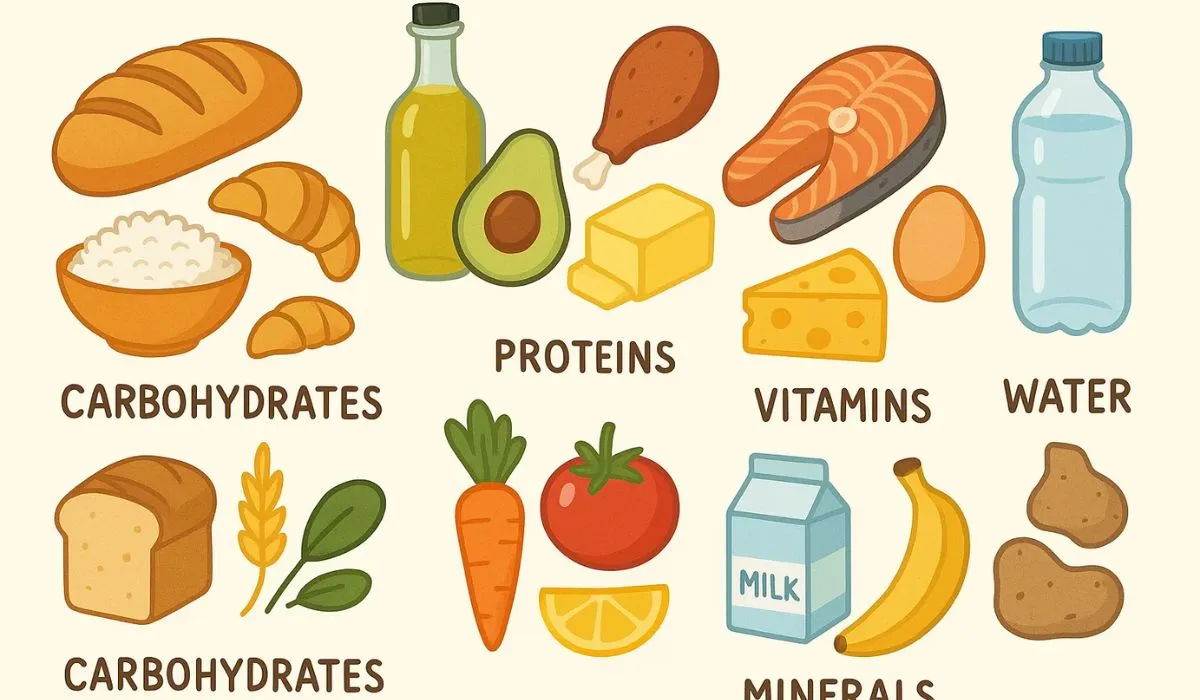L-carnitine is a recipe the human soul produces in small amounts out of the amino acids lysine and methionine to facilitate the transfer of long uniting fatty acids into mitochondria for energy production. But most of the carnitine we use comes from the unprepossessing products we eat, particularly red meat, and if you really want a large dose you’ll need to supplement. And that’s what most people are referring to when they talk well-nigh L-carnitine: the supplement.
Carnitine assists save with muscling glycogen and advance fat oxidation. It additionally saves the utilization of amino acids as energy sources during exercise, making them possibly accessible for new protein amalgamation, and diminishes the aggregation of lactate.
L-carnitine also known as levocarnitine is an amino acid that occurs naturally in the body and is available as a supplement. It is a subtype of the substance carnitine, which aids in metabolism, and can be used to prevent a lack of carnitine.
L-carnitine produces energy in the body and removes toxins from cells. Because of this action, L-carnitine is sometimes taken as a supplement to lose weight and improve physical performance.
L-Carnitine: What It Does and Does Not Do

L-carnitine is a crucial component of energy production in the body. It moves fatty acids into the cells to be converted into energy.1 L-carnitine also helps to move toxins out of the cells.
Alzheimer's Disease
Alzheimer's disease is a progressive, neurodegenerative (wasting of the nerve cells in the brain) condition and the most common type of dementia.2 It can be treated by preventing the breakdown or increasing the levels of the neurotransmitter called acetylcholine.
A 2020 review of several articles regarding the use of L-carnitine for dementia and Alzheimer's disease found mixed results. Many of the studies reviewed showed favorable outcomes with L-carnitine use, whereas other studies showed minimal to no results.
Cardiovascular Disease
L-carnitine supplements might aid in cardiovascular health by decreasing inflammation markers and reducing the likelihood of fatal irregular heart rhythms in people with heart disease.
A study from 2017 found benefits from L-carnitine supplementation in people with chronic heart failure. Improvements in several areas of heart functioning, including cardiac output and left ventricular ejection fraction.
Weight Loss
L-carnitine moves fatty acids into the cells to produce energy, so it has been assumed that L-carnitine can help with weight loss. There are some studies that support this theory but more research is needed for conclusions to be drawn.
A literature review that looked at 37 randomized control trials found that L-carnitine decreased body weight by 1.21 kilograms (kg) (2.66 pounds). The weight reduction was primarily seen in people who also ate a low-calorie diet and exercised.
Athletic Performance
Carnitine preserves fuel for the muscles and promotes the breakdown of fats into energy. As a result, some people take L-carnitine supplements to improve their athletic performance.
Fertility
L-carnitine has been used successfully to improve fertility. Research showed that supplementation improved sperm motility.
Other research has shown that L-carnitine supplementation improved ovulation and pregnancy rates in those with polycystic ovary syndrome (PCOS). Those people with PCOS who took the supplement had 64.4% higher ovulation rates. It also improved pregnancy rates and lessened miscarriages in those with PCOS.
L-Carnitine Daily Dosage
Carnitine is made in the liver, kidney, and brain. The body stores 95% of carnitine in the heart and skeletal muscles. The body needs 15 milligrams (mg) per day of carnitine from either outside sources like food or the body making its own carnitine.
Most people who eat a diet in both meat and nonmeat sources will consume between 24 and 145 mg of carnitine each day. However, people who follow a vegan diet will likely consume only 1.2 mg per day.
Oddly enough, diet does not seem to influence how much carnitine the body makes. According to the National Institutes of Health, a person who eats a vegan diet still produces 14.4 mg of carnitine per day.
Conclusion:
L-Carnitine is a versatile and powerful supplement that offers a range of benefits for both physical and cognitive well-being. From enhancing energy and promoting weight loss to improving brain function and supporting cardiovascular health, L-Carnitine has garnered attention for its numerous advantages.
Whether you're an athlete looking to maximize performance, seeking to shed pounds, or hoping to boost your cognitive abilities, L-Carnitine can be a valuable addition to your daily routine. With its proven efficacy and multifaceted benefits, L-Carnitine is undoubtedly a supplement worth considering to enhance your overall health and well-being.







